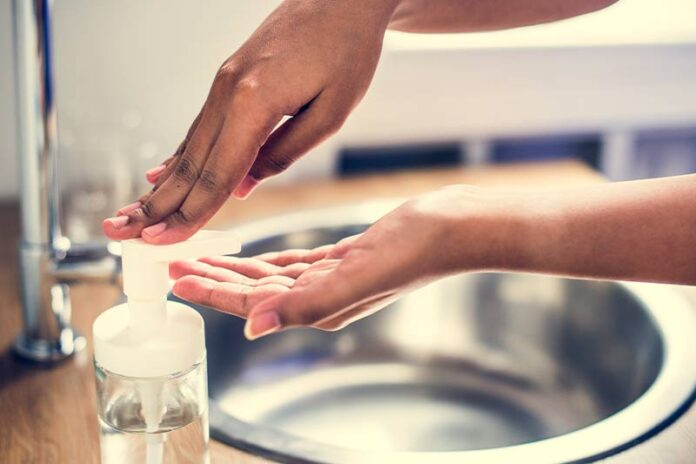I don't know about you, but it's that time of the year when the combination of cold temps and constant hand-washing takes a major toll on my hands. I'm talking cracked, dry, red, sore and damaged! HELP! What are your secret weapons to help combat the damage from super frequent hand-washing? Any tried and true, nurse-tested products you swear by? Do you have a special hand care routine that works? What are your thoughts on Udder Cream, Bag Balm, O'Keeffe's Working Hands, Hemp Cream, Aquaphor and Coconut Oil to name a few? Share your tips in the comments section below and check back to see what your fellow nurses have shared!
What Are Your Secret Weapons To Combat The Damage From Frequent Hand-Washing?



I had to go on Dupixent injections twice a month. There is a copay card to pay for this drug.
Neutrogena Hand Cream is better than anything I’ve ever used! I only use it at night, because it’s thick and takes a while to soak in, but no need for gloves, and it’s more effective than Aquafor was with gloves all night!
I use a squirt of antibacterial soap and a squirt of antibacterial lotion after first hand washing. It has made a world of difference.
Cerave or Gold Bond every night before bed. Gold Bond takes longer to soak in, so cotton gloves are useful if you don’t want to mess up the sheets.
Try Renew Intensive skin Therapy from the Melaleuca Company. Works for me.
Coco butter stick
First and foremost, hydrate from within! Make sure you are drinking the water you need and more. After every hand wash, moisturize with any light product you normally utilize. After showering and before you go to sleep, liberally use a heavy duty product like O’Keeffe’s, Aquaphor, or Coconut oil and cotton glove. Always works like a charm for me.